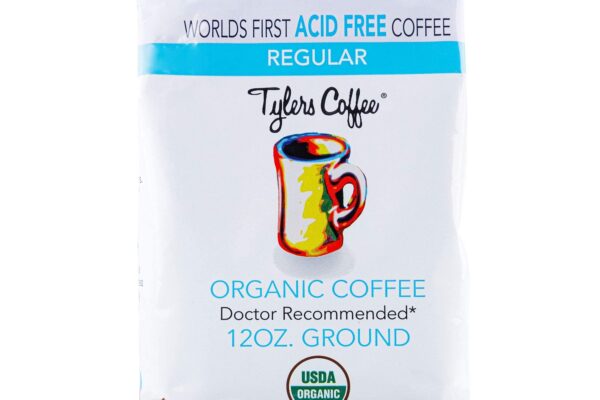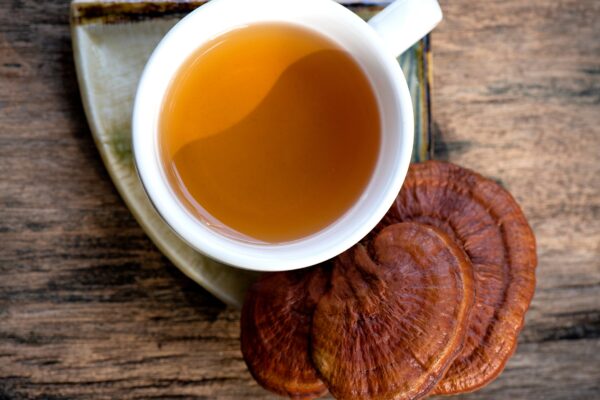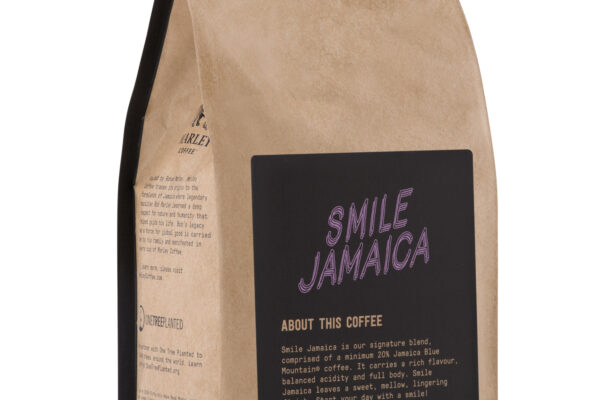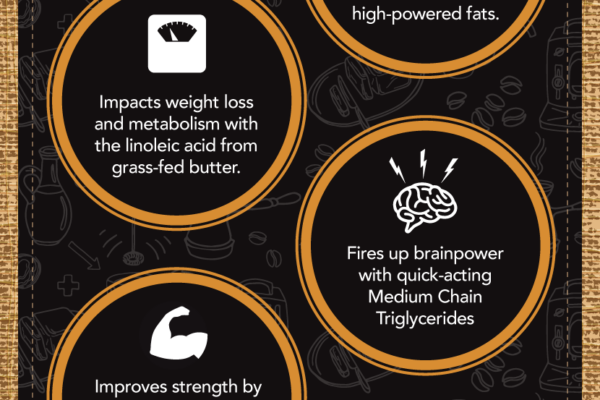Blog
Is Kopi Luwak Coffee Halal?
Kopi luwak coffee is considered an exotic specialty due to the process by which it passes through the digestive tract of an Asian palm civet, an animal similar to a cat-like mammal that feeds on fruits and seeds; including coffee cherries containing beans used to make Kopi Luwak. These cherries are then partially digested before excreted as excrement through their digestive tract, then collected, dried and roasted before improving taste with less acidity and smoother flavors.
Despite its higher price point, kopi luwak coffee has experienced exponential growth over the years and remains highly sought-after among coffee enthusiasts. Unfortunately, its growing demand has led to the capture and use of wild civets from their native habitat and forced into cages in order to meet increasing demands for this beverage. As a result, they suffer stress, malnutrition, infections and can even die during this process.
Some Muslims believe that drinking kopi luwak coffee is unclean as its production involves processing animal faeces that contains bacteria and parasites. However, most Islamic scholars and authorities agree that this coffee is considered halal as long as its beans have been properly washed before they are cooked, roasted and ground for consumption – the Indonesian Ulema Council issued an opinion declaring kopi luwak permissible provided the beans have been properly washed before processing and any fecal material used does not mix with other material faecal matter in its production process.
Civets are often treated inhumanely. Caged civets suffer from living in cramped spaces, often experiencing physical and emotional suffering from being forced into small cages with minimal space for moving around freely, pesticides being used against their diseases, not enough food being provided in order to maintain an ideal weight, extreme hunger and thirst, not being provided sufficient water, etc.
Utilizing wild civets for the production of kopi luwak is problematic due to being endangered species. Civets are captured from the wild and forced into captivity for sale at live animal markets where they experience intense stress and discomfort; additionally they could contract and spread disease among themselves in captivity – potentially leading to global wildlife crises; therefore consumers must choose products with fair trade credentials that do not exploit animals for personal gain.
While kopi luwak may offer an exquisite flavor, its production must never come at the cost of suffering intelligent and sensitive creatures like the Asian palm civet. We must support the growth of the halal coffee industry while boycotting products produced without ethical and environmental consideration.







